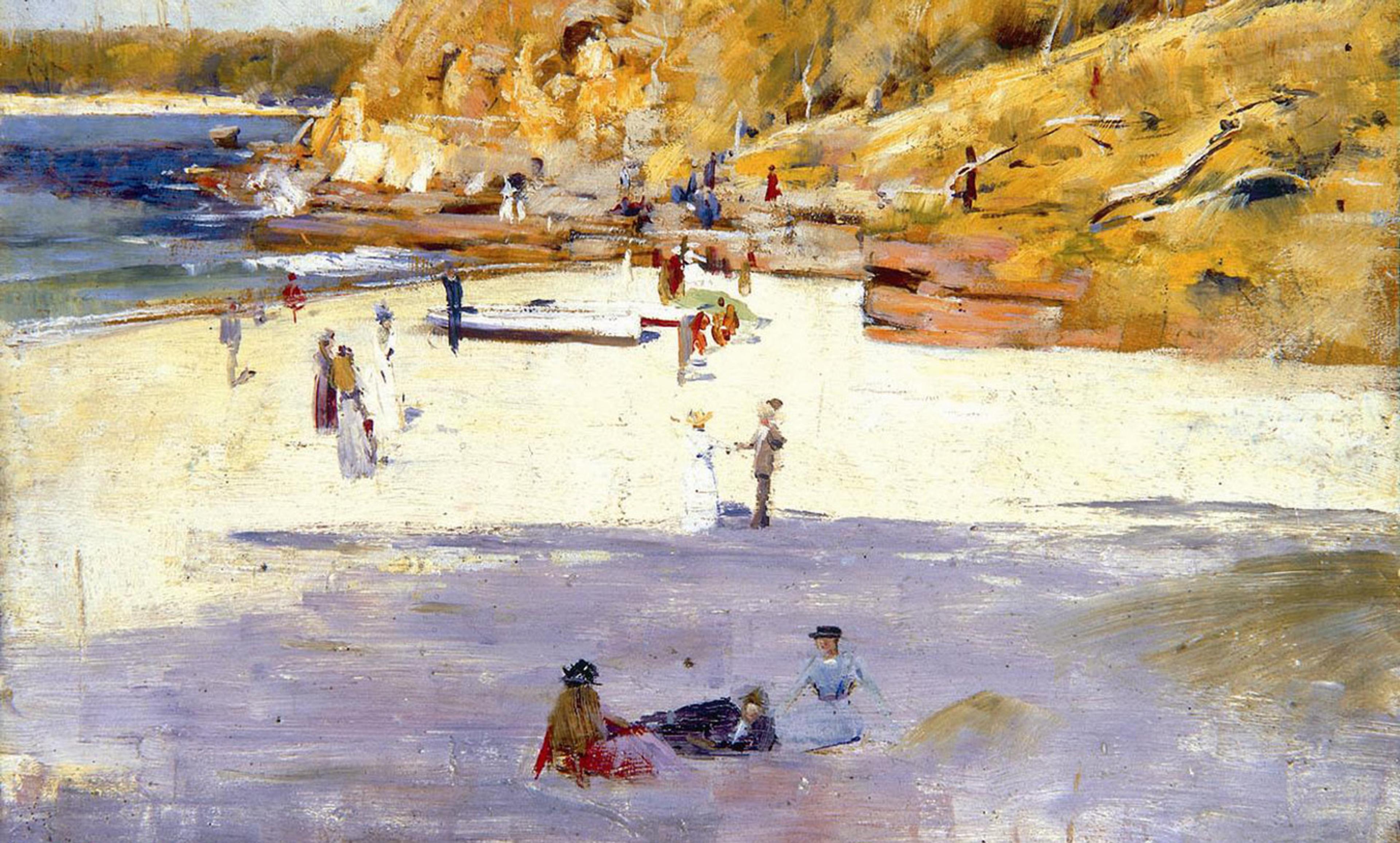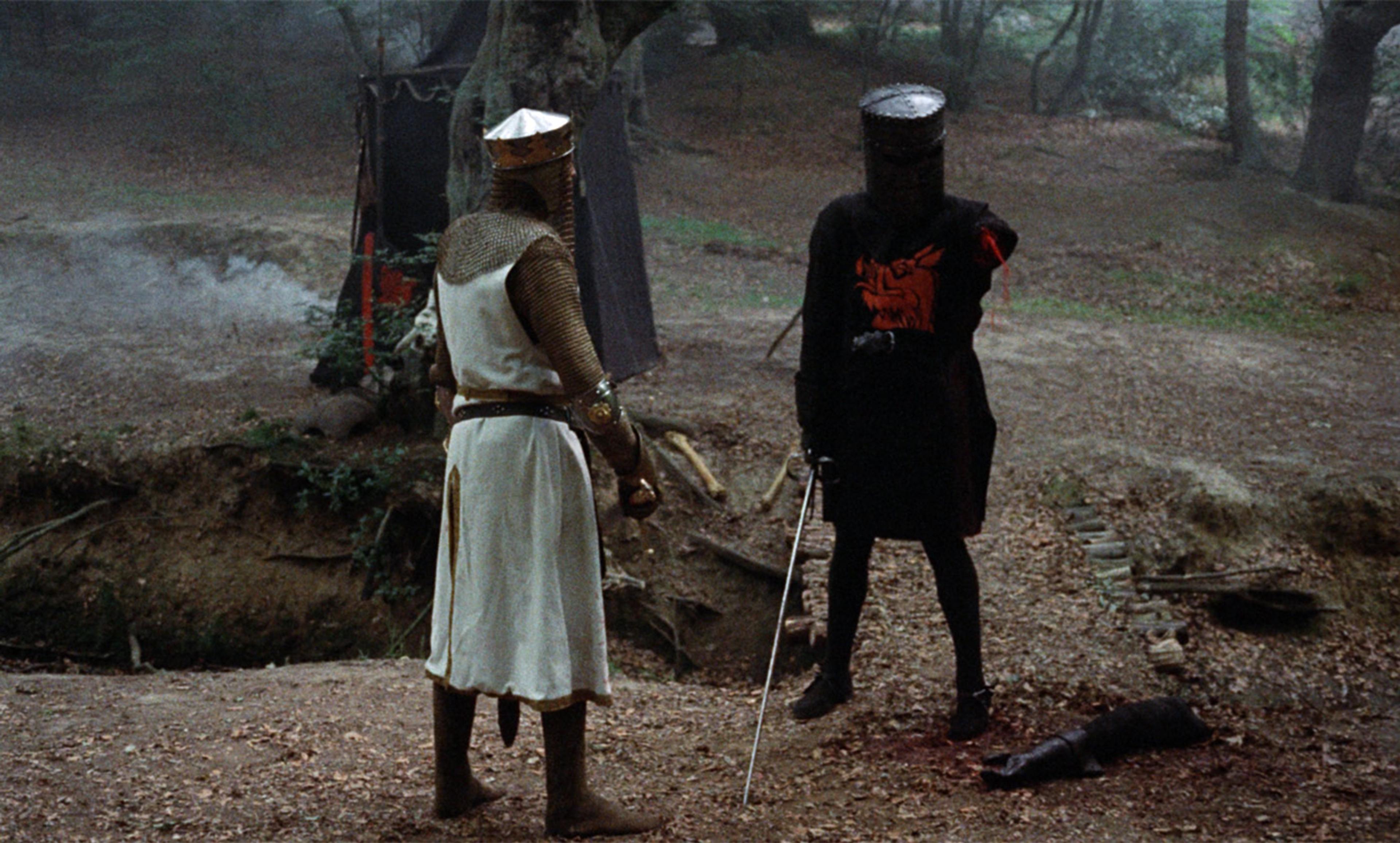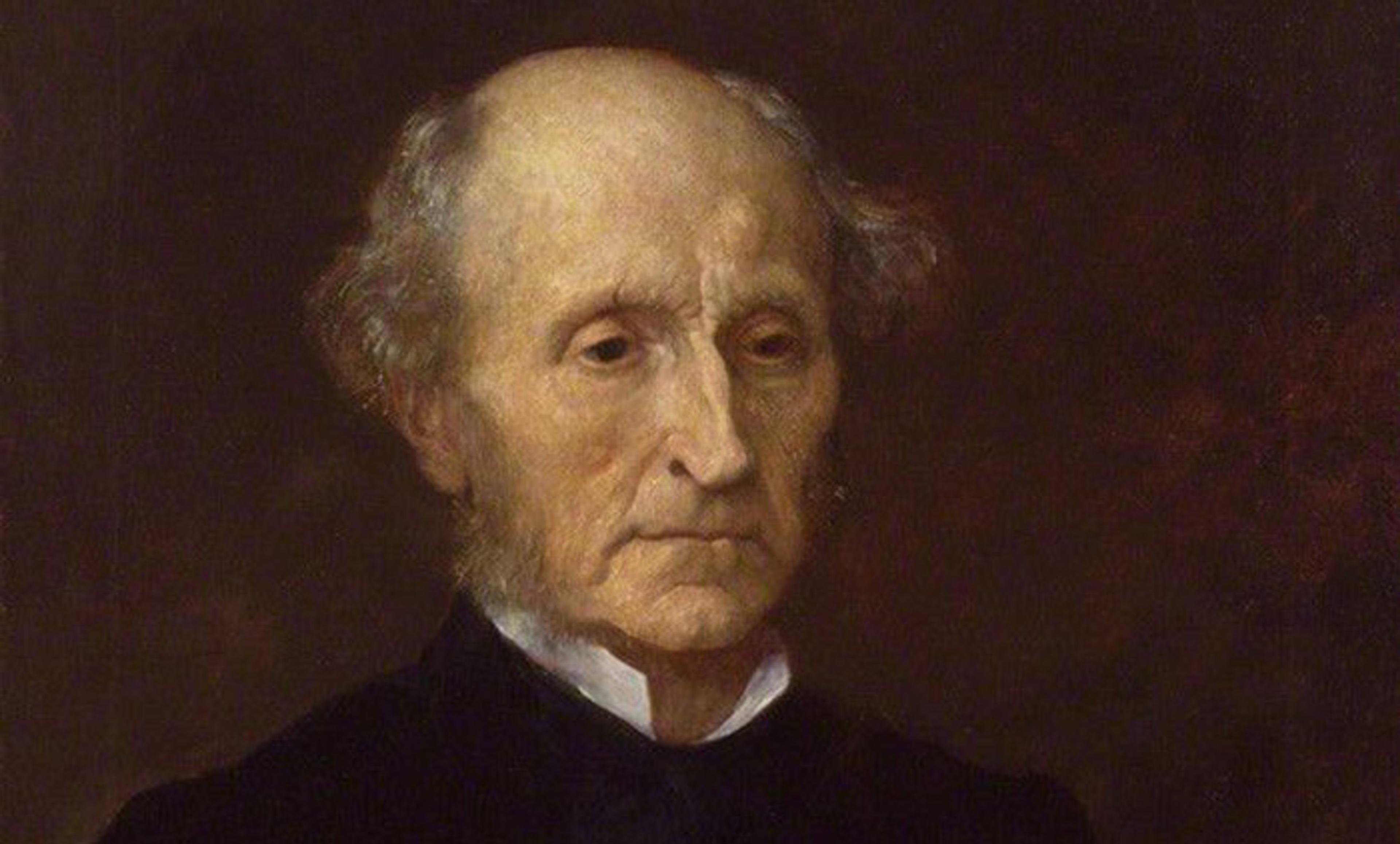Florida Keys Public Library/Flickr
Failure is like the original sin in the biblical narrative: everyone has it. Regardless of class, caste, race, or gender, we are all born to fail, we practise failure for as long as we live, and pass it on to others. Just like sin, failure can be disgraceful, shameful and embarrassing to admit. And did I mention ‘ugly’? Failure is also ugly – ugly as sin, as they say. For all its universality, however, failure is under-studied, when not simply neglected. It’s as if even the idea of looking at failure more closely makes us uneasy; we don’t want to touch it for fear of contagion.
Studying failure can be a contorted, Janus-headed exercise, though. With one pair of eyes we have to look into ourselves (for ‘moral’ or ‘cognitive’ failures, for failures of ‘judgment’ or ‘memory’), and with another pair we need to dwell on instances of failure ‘out there’, in the world around us. Fascinating as the former can be, let me focus here on the latter: the failure we experience in our dealings with the world.
Picture yourself in an airliner, at high altitude. One of the plane engines has just caught fire, the other doesn’t look very well either, and the pilot has to make an emergency landing. Finding yourself in such a situation can be a shattering, yet also a revealing experience. First, there are of course the cries, the tears, the whispered prayers, the loud hysterics. Amid all the wailing and gnashing of teeth, you cannot think of anything in any detached, rational fashion. For you have to admit it, you are scared to death, just like everyone else. Yet the plane lands safely and everybody gets off unharmed. After you’ve had a chance to pull yourself together, you start thinking a bit more clearly about what just happened.
That’s when we might realise, for example, how close we can be sometimes to not being at all. And also that there is something oppressively materialistic, to an almost obscene degree, in any ‘brush with death’. Some faulty piece of equipment – a worn-out part, a loose screw, a leaking pipe, anything – could be enough to do us in. That’s all it takes. We thus realise that, when we experience failure, we start seeing the cracks in the fabric of existence, and the nothingness that stares at us from the other side. Yet even as failure pushes us towards the margins of existence it gives us the chance to look at everything – at the world, at ourselves, at what we value most – with fresh eyes. The failure of things, coming as it does with a certain measure of existential threat, exposes us for what we are. And what a sight!
From that unique location – the site of devastation that we’ve become – we understand that we are no grander than the rest of the world. Indeed, we are less than most things. The smallest stone we pick up randomly from a riverbed has long preceded us, and will outlive us. Humans are barely existing entities: how can we claim privileges? Fundamentally, we are vulnerable, fragile creatures. And if, unlike the rest of existence, people are endowed with reason, it is this gift of reason that should lead us to understand how modest our place in the cosmos actually is.
The experience of failure, then, ought to inculcate humility. Rather than a virtue in the narrow sense, humility should be seen, more broadly, as a certain type of insertion into the world, as a way of life. In The Sovereignty of Good (1970), Iris Murdoch came up with one of the best, most economical definitions of humility, which is simply ‘selfless respect for reality’. She thinks that ordinarily people suffer from a poor adjustment to reality (‘our picture of ourselves has become too grand’, we have lost ‘the vision of a reality separate from ourselves’), and it’s one that harms us, above anything else. To reverse the process, to heal, it helps to learn humility, ‘the most difficult and central of all virtues’.
I see three major phases here.
In a first movement, humility presupposes an acknowledgment of our cosmic insignificance. This is something as old as philosophising itself; it is what Yahweh wanted to instill in Job when he asked him: ‘Where were you when I laid the foundation of the earth?’ and what the Stoics meant when they recommended ‘the view from above’; what Lady Philosophy sought to teach a terrified-to-death Boethius in his prison cell; or what, more recently, Carl Sagan popularised so well. Embracing our cosmic insignificance is the zero-degree of the human existence – lower than this we cannot go. At this stage, shattered by failure and overwhelmed by the realisation of our fundamental precariousness, we rightly feel ‘crushed’, ‘flattened’, ‘reduced to dust’. Humility, thus, places us where we belong; we are brought back to our naked condition. But this is no small feat: for along with the sense of our own self-importance, we also manage to get rid of that mix of self-deceiving habits and self-flattery, which usually keep us hidden from ourselves.
In a second movement, we realise that, thanks precisely to our being brought ‘to earth’, we are in fact in a better position because we are finally on firm ground. We can now stand on our own feet – we’ve undergone a rebirth of sorts. Importantly, we also realise that there is no degradation at this stage because, by embracing our cosmic insignificance, we’ve come to be true to ourselves. We may be poor, but we are frightfully honest – especially with ourselves. And that’s always the best place to start; wherever we will go from here, it will be progress and a worthwhile journey. Not to say that there is nothing healthier and more refreshing, especially for minds all too frequently pulled up in the air by the force of their own fantasies, than to be drawn back down to earth once in a while. Hardened dreamers undertaking the mud cure are in for a feast.
The third movement is expansive: thanks to having lowered an anchor into the world and regained an existential equilibrium, we can move on to other, bigger things. The dreams now have the necessary ballast to be dreamt properly. At this stage, humility is no longer an impediment, but an enhancement to action; sometimes there is nothing more daring than the act of the humble. In an important sense, then, humility is the opposite of humiliation: there is nothing demeaning or inglorious about it; on the contrary, humility is rejuvenating, enriching, emboldening. If humiliation leaves us paralysed and powerless, humility empowers us greatly. True humility, wrote the rabbi Jonathan Sacks, ‘is one of the most expansive and life-enhancing of all virtues’. What it presupposes is not ‘undervaluing yourself’ but an ‘openness to life’s grandeur’.
Humility in response to an experience of failure, then, is at its core a form of therapy, the beginning of a healing process. Properly digested, failure can be a medicine against pretentiousness, arrogance and hubris. It can get us cured, should we care to try it.






